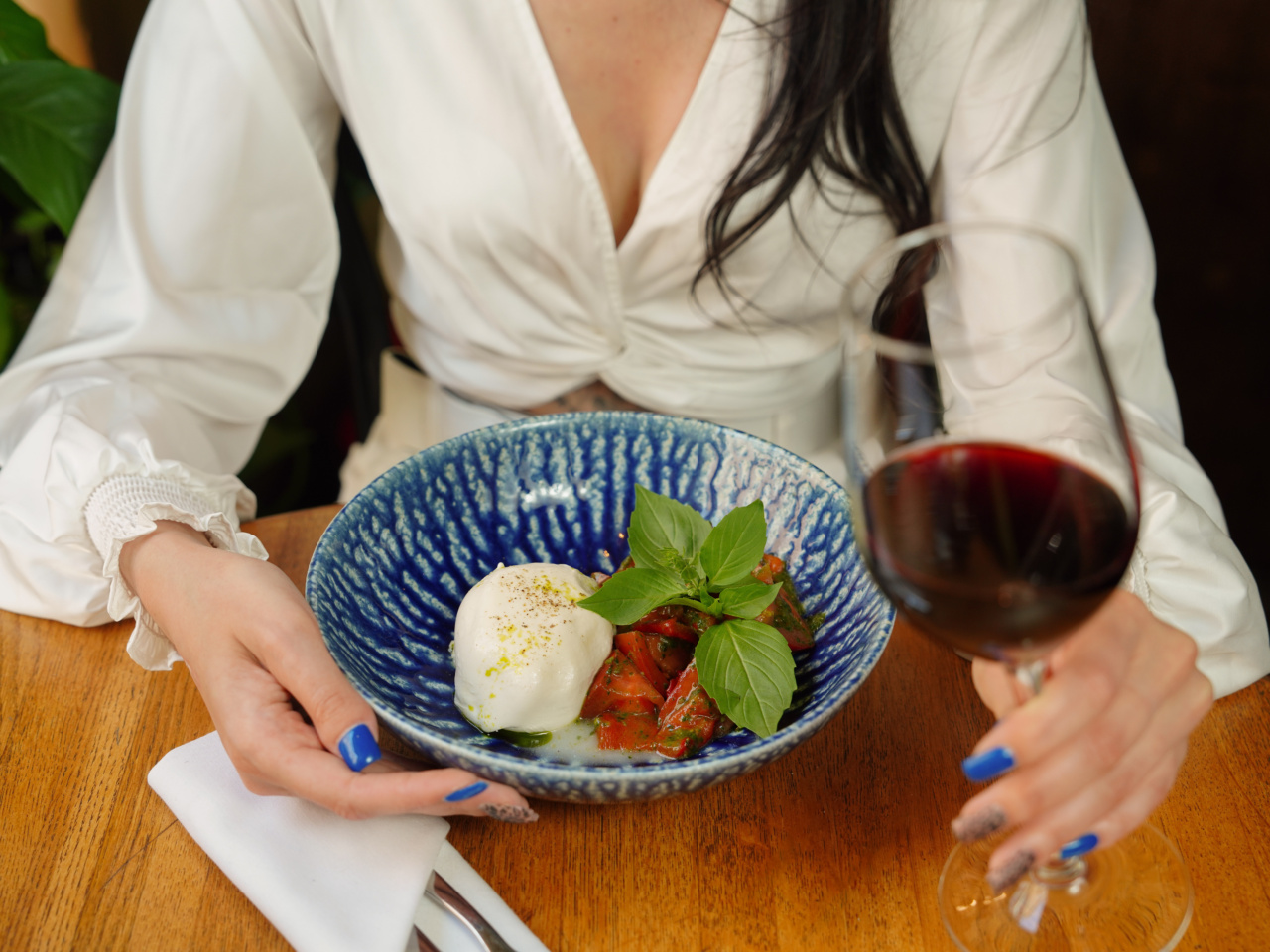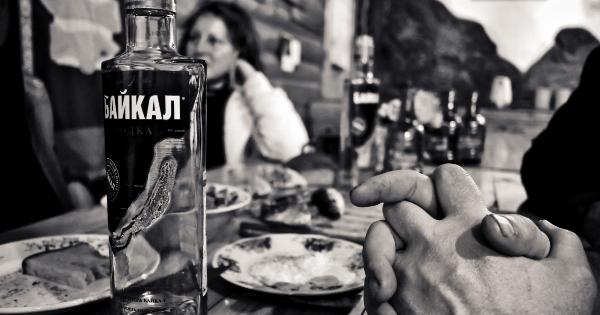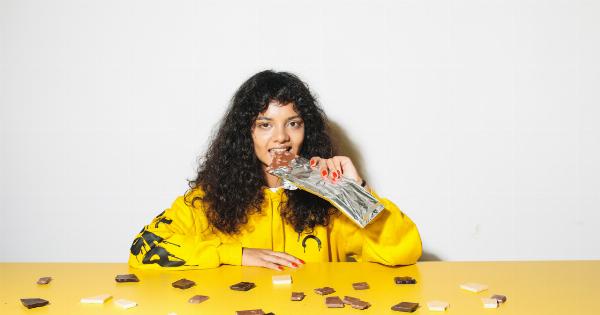Consuming alcohol can have various impacts on our minds and bodies. For instance, it can alter our perception, make us feel more confident, and ultimately lead to some negative symptoms like headaches and nausea.
Notably, alcohol can also increase our appetite and make us crave certain types of food. In this article, we’ll look at how alcohol affects our hunger cravings and explore the relationship between these two phenomena.
What Happens in Our Bodies When We Drink Alcohol?
Before we dive into the connection between alcohol and hunger, let’s first understand how alcohol interacts with our bodies. When we drink alcohol, our body processes it much like a toxin.
Our liver works hard to break down the alcohol molecules and turn them into waste products that we can then excrete. However, as the liver works on the alcohol, it triggers other processes in our bodies that affect our brain and other organs.
The primary way that alcohol impacts our brains is by disrupting chemical signals between nerve cells. Alcohol messes with a chemical called gamma-aminobutyric acid (GABA) that typically helps regulate our impulses and keep us calm.
When alcohol binds to our GABA receptors, it enhances their effects and produces feelings of relaxation and decreased inhibitions.
On the opposite end of the spectrum, alcohol also messes with another chemical in our brains called glutamate, which is responsible for stimulating our cells.
When alcohol interferes with glutamate, it slows down our body’s responses and can impair our cognitive abilities.
The Connection Between Alcohol and Hunger Cravings
Now, let’s dig into the relationship between alcohol and our appetites. Many people notice that after a few drinks, they start to feel more hungry than they did before.
This can happen for a few reasons, but one of the most significant is related to how alcohol affects our blood sugar levels.
When we consume alcohol, our bodies prioritize breaking down the alcohol and processing it in our liver. As a result, our liver stops producing glucose for a while, which can cause our blood sugar levels to drop.
When our blood sugar gets too low, our body typically releases a hormone called ghrelin that signals to our brain that we’re hungry and need food.
In other words, alcohol can make us feel hungry because it triggers a hormonal response that tells our brain to seek out sources of glucose and other nutrients.
This is why you might crave carb-heavy snacks like pizza or fries after a night of drinking- your body is trying to replenish its glucose stores with sugary and starchy foods.
Alcohol’s Other Effects on Appetite
While alcohol’s impact on blood sugar is a significant factor in its effects on hunger cravings, it’s not the only way that alcohol can influence our appetite. Here are a few other ways that alcohol can make us more likely to seek out food:.
Lowered Inhibitions
One of the well-known effects of alcohol is that it lowers our inhibitions and makes us more impulsive. This can manifest in various ways, including eating more food than we intended.
For instance, if you go out drinking with friends and someone offers you a plate of free appetizers, you might be more likely to indulge than you would be if you were sober.
Changes in Sensory Perception
Alcohol can alter our senses in various ways, including our taste and smell receptors. Some studies have found that after consuming alcohol, people have a heightened sensitivity to savory, salty, and spicy flavors.
This might make us more likely to seek out bold, flavorful foods that we might not crave as much when we’re sober.
Increased Caloric Intake
The types of food we crave after drinking alcohol might also be high in calories.
For instance, if you typically drink a few beers after work and then order takeout for dinner, you might end up consuming more calories than you would if you were following your normal eating routine. Over time, this can contribute to weight gain and other health problems.
Tips for Managing Hunger Cravings After Drinking Alcohol
If you’re someone who tends to overindulge in snacks or junk food after a night of drinking, there are a few strategies you can use to manage your hunger cravings. Here are some tips to try:.
Eat a Nutritious Meal Before Drinking
If you go out drinking on an empty stomach, you’re more likely to feel the effects of alcohol quickly and experience more significant hunger cravings.
To prevent this, try to eat a well-rounded meal with healthy carbohydrates, protein, and fats before you start drinking. This can help slow down your body’s absorption of alcohol and make you feel fuller for longer.
Hydrate Throughout the Night
Drinking alcohol can dehydrate you, which might make you feel hungry even if you’ve consumed enough calories. To stay hydrated and help combat hunger, drink plenty of water or other non-alcoholic beverages throughout the night.
This can also help you feel more alert and prevent some of the negative symptoms of alcohol consumption.
Choose Healthier Snacks
If you’re going to indulge in some snacks after drinking alcohol, try to choose options that are lower in calories and higher in nutrients. For instance, you might opt for a small plate of veggies and dip instead of a pile of French fries.
This can help you satisfy your cravings without consuming too many excess calories.
Reduce Your Alcohol Intake
Ultimately, if you’re struggling with hunger cravings and overeating after drinking alcohol, one of the most effective strategies might be to reduce your alcohol intake.
Try cutting back on the number of drinks you consume in a night, or opting for lower-alcohol options like light beer or wine. This can help you feel more in control of your cravings and reduce your overall calorie intake.
The Bottom Line
Alcohol can be a fun and enjoyable indulgence, but it can also have various impacts on our bodies, including making us more likely to crave certain types of food.
If you’re someone who tends to overeat or indulge in junk food after consuming alcohol, it’s essential to be mindful of these patterns and make changes to manage your cravings and reduce your overall calorie intake. By taking steps like eating a nutritious meal before drinking, staying hydrated, and choosing healthier snack options, you can enjoy your night out without feeling too guilty about the food choices you make.






























